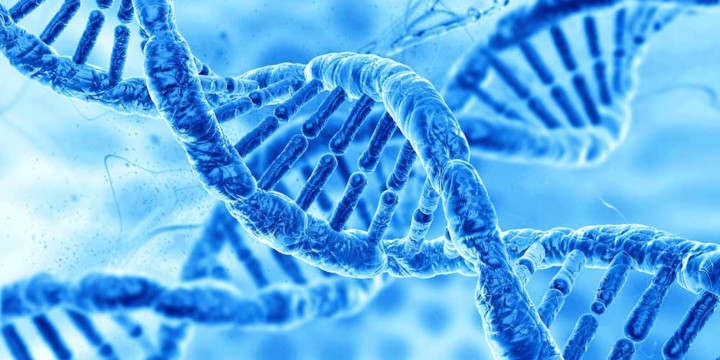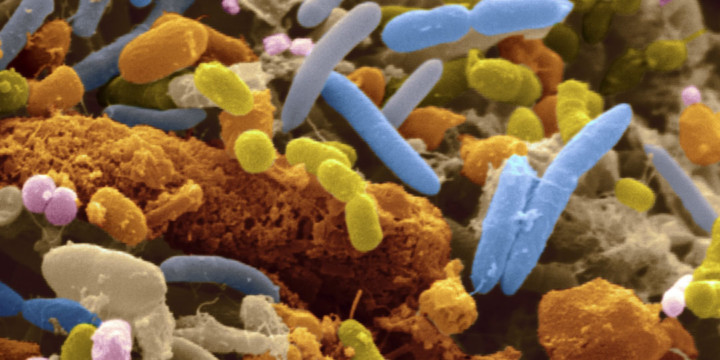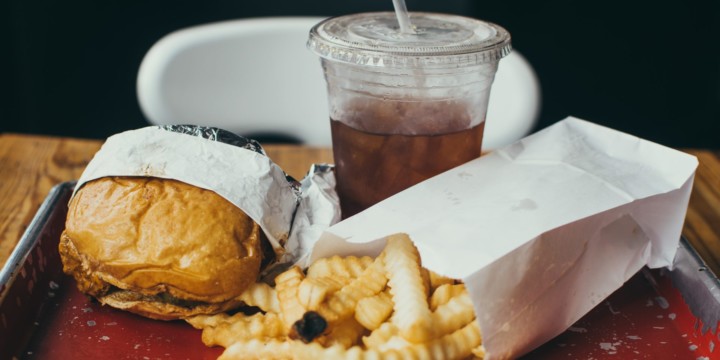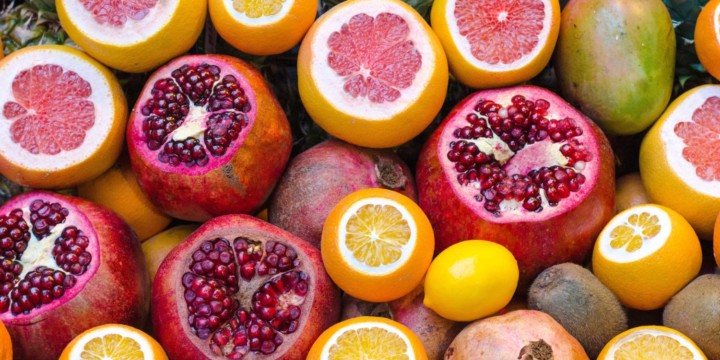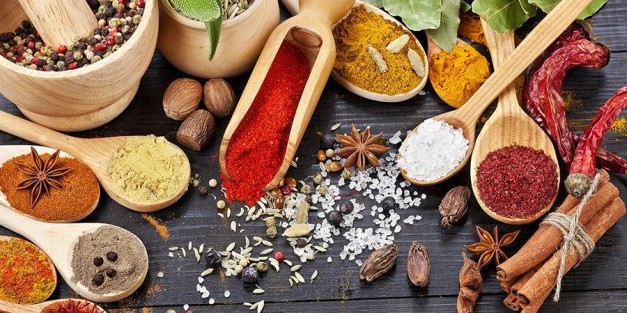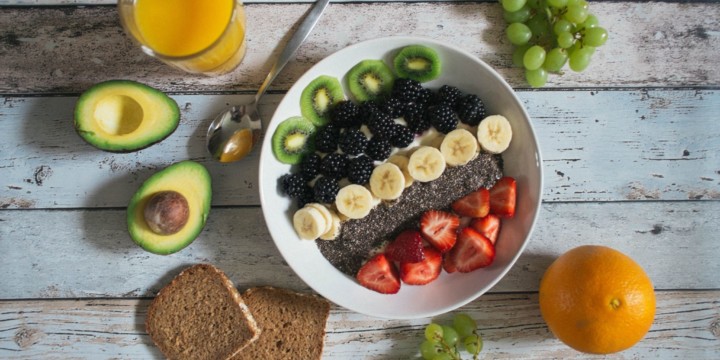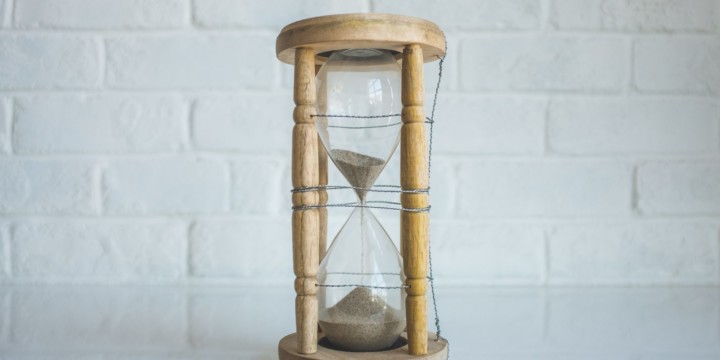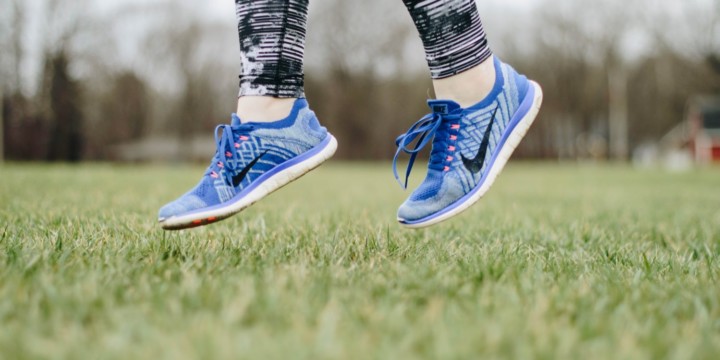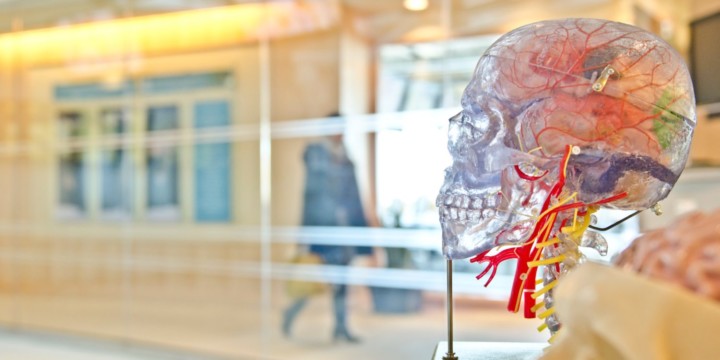Physiology of Psoriasis
Psoriasis is a chronic skin disease characterized by the faster growth of skin cells (could be 10 times the normal growth rate) resulting in scaling plaques of itchy and elevated skin. It is a non-contagious disease. Normally it affects the scalp, knees, elbow, and skin behind the ears. But, it can also spread other parts of the body. Depending on the percentage of the body surface affected, it can be categorized as mild (less than 3%), moderate (3 to 10%) or severe (more than 10%)
Symptoms of Psoriasis
- Red patches with silvery scales
- Dry cracked skin
- Burning or soreness in the affected area
- Itchy plaques
- Small bleeding points when the scaled is peeled away
Causes of Psoriasis
The cause of Psoriasis is not known. Genetics, environment and immune system might be involved in causing the disease. About 30 percent of the patients have a family history. Psoriasis symptoms might subside temporarily and flare-up sometimes. Certain factors are known to trigger psoriasis flare-ups such as stress, allergies, alcohol, smoking, cold or dry weather, tattoos, certain medications, infections, cuts or bruises or hormones.
Treatment of Psoriasis in Allopathy
At present, psoriasis doesn’t have a cure. But, it can be managed with appropriate medication. The treatment is aimed at reducing inflammation, slowing down skin cells’ growth and clearing up the skin. There are three types of medications commonly used- topical ointment, phototherapy, and systemic medications.
Topical ointments (corticosteroids) are used to treat mild cases.
Phototherapy– exposing the affected area to UV light, also slow down the growth of skin cells. But, it also increases the risk of skin cancer.
The laser can be used to treat the affected area without harming the surrounding skin. But, the symptoms might only disappear temporarily.
Immuno-suppressants drugs and biologics are used to treat severe psoriasis. These work by blocking certain parts of the immune system that may be responsible for the disease.
Some of the medications could have severe side effects on liver, kidney and may increase the risk of infection and cancer.
Psoriasis and Ayurveda
Ayurveda considers Psoriasis as a manifestation of Vata and Kapha imbalance. The imbalance creates toxins which get accumulated in deeper layers of tissues leading to psoriasis.
Treatment of Psoriasis in Ayurveda
Ayurveda treats Psoriasis by eliminating toxins and preventing further creation of toxins in the body. Toxins in the deep tissues are eliminated by Panchakarma procedures. To prevent the further creation of toxins, herbs are prescribed to improve digestion.
Panchakarma techniques such as Vamana(emesis) and Virechana(purgation) are used for removal of toxins from the body.
Shirodhara and Shirobasti with medicated oils are also very effective treatments for reducing stress and controlling the symptoms.
Yoga and Pranayama are also prescribed.
Herbs
Neem, aloe vera, milk thistle, jasmine flower paste, guggal, and frankincense are some of the herbs used in the treatment of psoriasis. Your Ayurveda doctor would prescribe you medication as per your condition.
Diet
Ayurveda puts special emphasis on a diet in the management of any disease. It uses food as a form of medicine. While certain food items need to include in the diet, there are some foods that need to be avoided. Although the exact diet would be prescribed by your doctor after examining you, as a general rule avoid acidic and citrus fruits, dairy, fermented foods, bakery, red meat, spicy food, fried food, refined and processed carbohydrates and sugar.
Psoriasis in Naturopathy
Naturopathy views psoriasis as a kind of autoimmune and metabolic disorder. In psoriasis, amino acids involved in building up the skin cells are not metabolized properly and starts proliferating excessively. The naturopathy treatment of psoriasis aims at increasing the metabolism of proteins, detoxing the body of toxins, and rejuvenating the vital organs.
Treatment in Naturopathy
Cleansing
Gut toxins are removed from the body by going on a juice diet fast for about a week. Juices of carrots, beet, cucumbers, and grapes are given. In cases where there may be the presence of metal toxins in the body, a process of Chelation is carried out. For cleansing, the colon hydrotherapy is done.
Diet
After the juice fast, the patient is recommended to follow a diet consisting of seeds, nuts, whole grains, organic fruits, and vegetables. Pumpkin seeds, sesame seeds, and sunflower seeds are very helpful in treating psoriasis. A high fiber diet of fresh fruits and vegetable is helpful in managing the condition. Also, recommended is food rich in beta-carotene.
It is generally seen that patients suffering from psoriasis are deficient in Vitamin D. Supplementation is recommended in gross cases of deficiency. Care must be taken to eat food rich in Vitamin A, B,& E, zinc, selenium and essential fatty acids like omega 3 fatty acids.
A balanced combination of prebiotics and probiotics is required to build the healthy gut flora.
The patient is asked to avoid milk, butter, eggs, all and caffeine. Vitamin E and lecithin supplements are found to be helpful in managing psoriasis.
Therapies
Cabbage leaf compress, sunlight therapy and mud packs are also found be beneficial. Massages are also done to remove the toxins from the skin.

